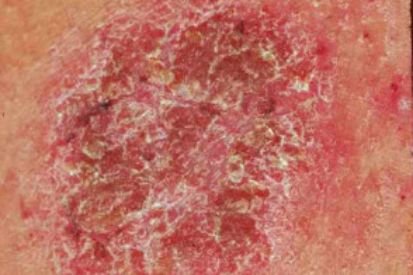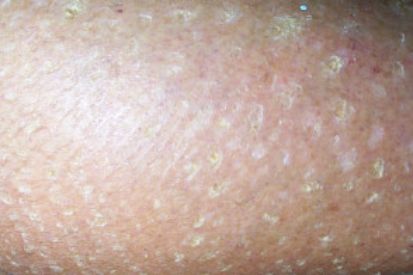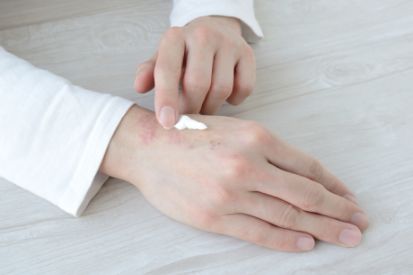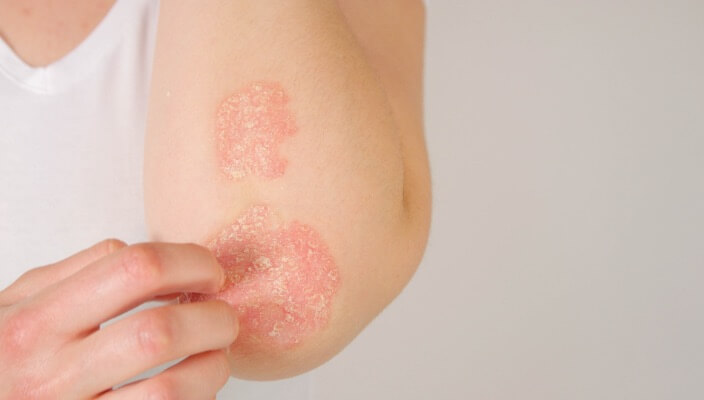Dry Skin
Understanding and Managing Dry Skin Concerns
Dry skin, or xerosis, is a common condition where the skin lacks the necessary moisture to stay soft and smooth, often resulting in rough texture, flakiness, itching, or tightness. Environmental factors such as cold weather, dry air, and frequent exposure to hot water can contribute to dry skin, as can underlying conditions like eczema or psoriasis. Without proper care, dry skin can worsen, potentially leading to cracks, irritation, and discomfort. Fortunately, with the right approach, dry skin can be effectively managed, helping your skin feel healthier and more resilient.
Relief from Dry Skin at Cumberland Skin
At Cumberland Skin, we understand that dry skin can impact not only your comfort but also your confidence. Our dermatology team offers personalized treatment plans, including recommendations for gentle skincare products, lifestyle adjustments, and medical-grade moisturizers to help restore hydration and protect against dryness. If your dry skin persists or is causing discomfort, our specialists are here to provide expert guidance and care.Ready to experience relief? Contact Cumberland Skin today to schedule a consultation and start your journey toward healthier, hydrated skin.
Examples of Dry Skin




What are the Symptoms of Dry Skin?
- Skin may appear flaky or develop small, fine scales.
- Dry skin often causes itching, which can be mild to severe.
- The affected skin may become red or irritated.
- Dry skin can make the skin feel tight and rough, especially after bathing.
- In severe cases, the skin may develop cracks or fissures.
What are the Causes of Dry Skin?
- Dry skin can result from a variety of factors, including low humidity, harsh weather, hot water, aging, certain medical conditions, and dehydration.
- Dry skin occurs when the skin lacks moisture, often exacerbated by external factors like harsh soaps and internal factors like inadequate hydration.
How to Prevent Dry Skin
Preventing dry skin involves adopting a skincare routine and lifestyle practices that promote moisture retention. Here are several key strategies:
- Moisturize: Use a suitable, fragrance-free moisturizer to keep the skin hydrated. Apply it after bathing to lock in moisture.
- Protect from harsh conditions: Wear appropriate clothing to shield the skin from harsh weather, wind, and sun exposure.
- Build a custom skincare routine: Work with your skin care expert to build a routine specific to your needs.
If your dry skin is a persistent issue, we recommend scheduling an appointment with one of our certified skin experts. Our team can help you create a personalized treatment plan to alleviate your dry skin issues. Schedule today.
Frequently Asked Questions: Dry Skin
Yes, diet can influence skin health. Staying hydrated by drinking enough water is important. Foods rich in essential fatty acids, such as omega-3 and omega-6, can contribute to skin hydration.
Yes, dry skin is often more prevalent in cold, dry seasons. Winter weather and low humidity levels can exacerbate skin dryness.
Yes, overuse of skincare products or using harsh cleansers can contribute to dryness. Choose mild products and moisturizers suitable for your skin type.
Certain medications may have dry skin as a side effect. Consult with your dermatologist if you suspect your medications are affecting your skin.
If dry skin persists, becomes severe, or is accompanied by other symptoms such as itching, redness, or cracking, it's advisable to consult with a dermatologist. A dermatologist can assess the underlying cause, recommend appropriate treatments, and provide personalized skincare advice.
From Our QualDerm Family of Brands: Learn More About Dry Skin
How to Treat Dry Skin
Treatment plans often involve a combination of strategies tailored to individual needs, aiming to alleviate dryness and enhance the skin's natural moisture barrier. Regular follow-ups with a dermatologist assist in monitoring progress and adjusting treatments as necessary.
Related Blog Posts

- General Dermatology
- Skin Exams
Preparing for your first dermatology appointment is important because it ensures everything goes as smoothly as possible and that your doctor is up-to-date on the status of your overall health and wellbeing. Here are our expert tips.
Read More
- General Dermatology
- Chronic Skin Conditions
Learn the differences between dry skin, eczema, and psoriasis, their distinct characteristics, and potential triggers. Gain valuable insights into identifying symptoms and seeking appropriate treatment to effectively managing these common skin conditions.
Read More
- Skin Care
- Cosmetic Treatments
Unlock the secrets to achieving radiant, glowing skin. Explore expert tips and skincare routines tailored to nourish and revitalize your complexion, empowering you to embrace a luminous and youthful appearance.
Read MoreFeatured Products
Check your local office for current stock!
Check your local office for current stock!


